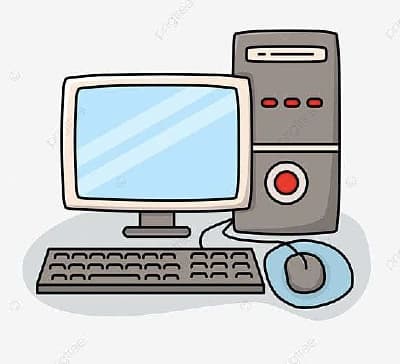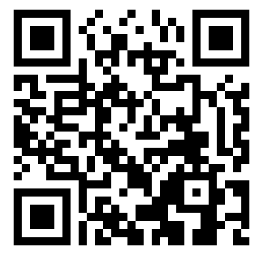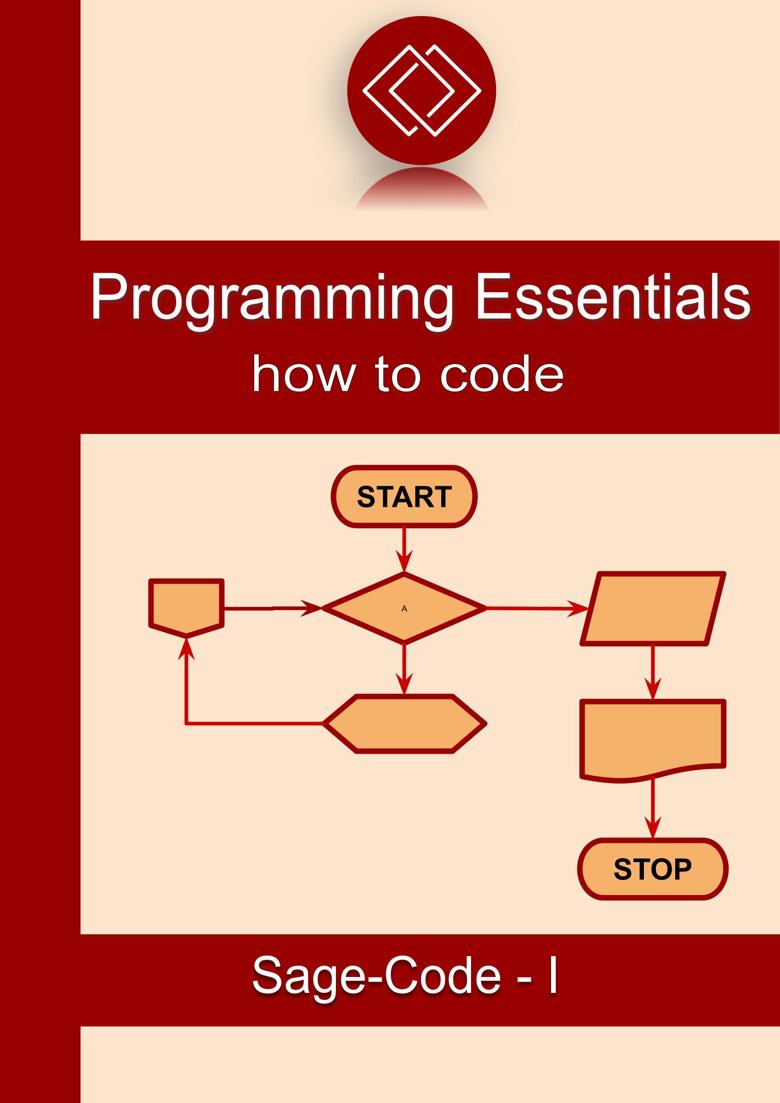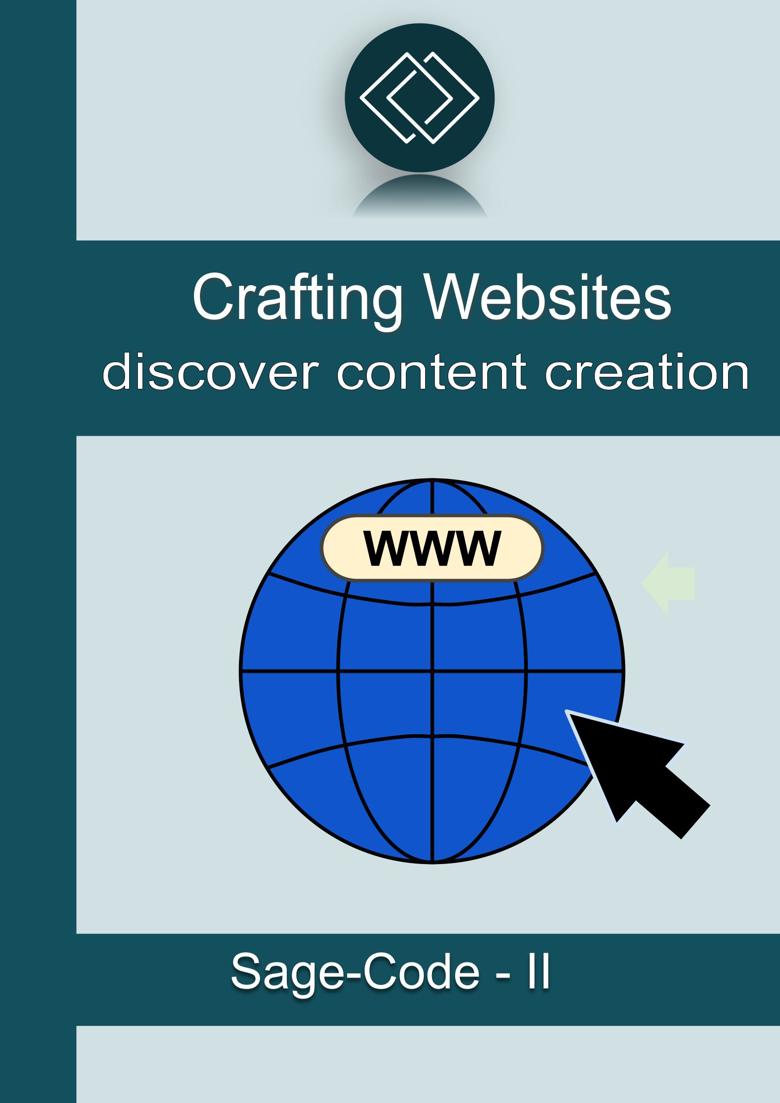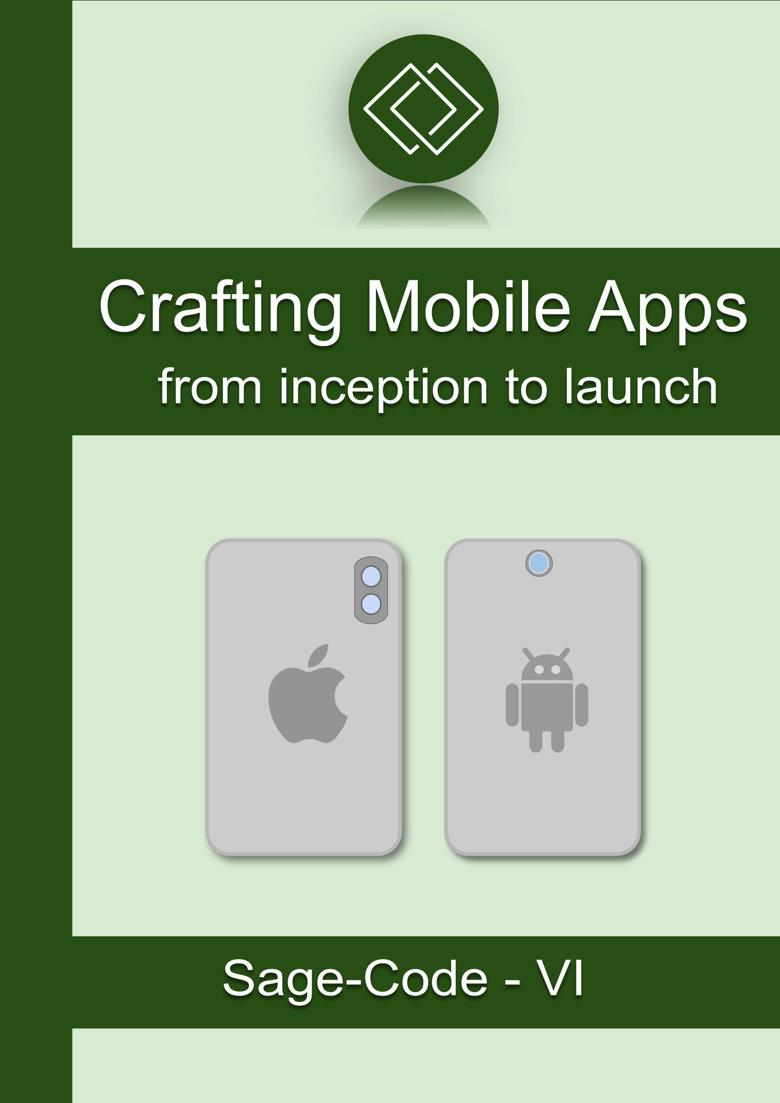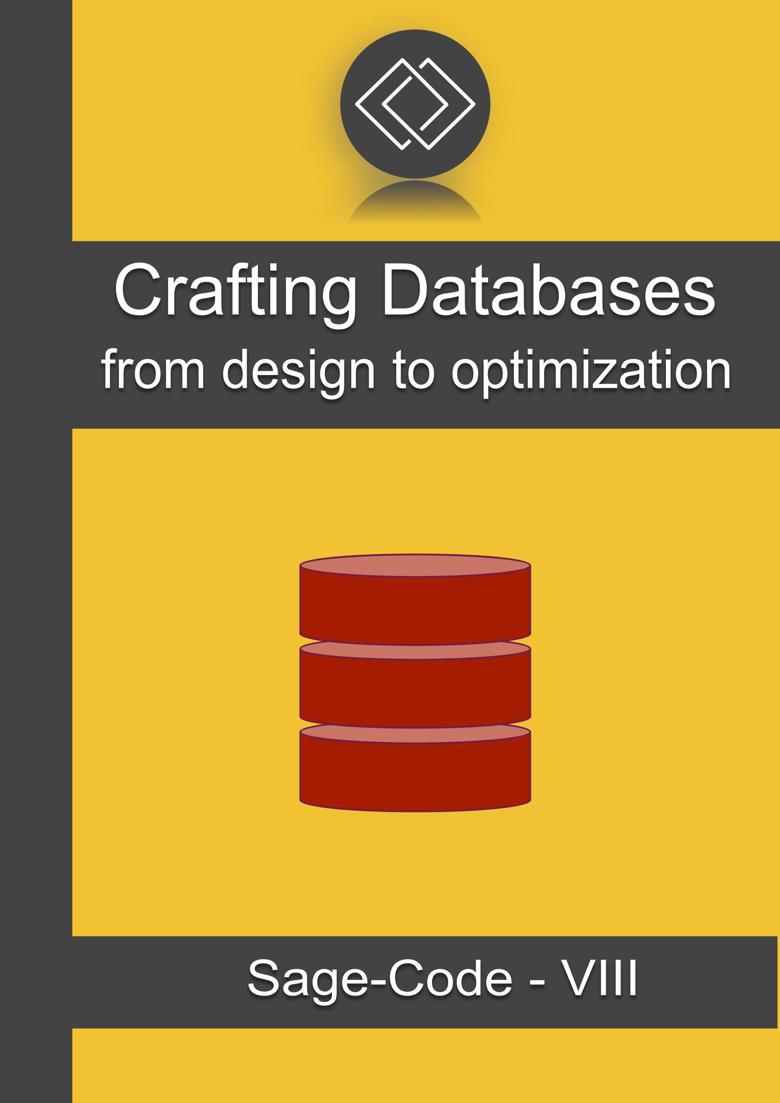Software Engineering
Audience
This course is for everyone who wish to learn about computer science and programming methods. You may be a student, engineer, or scientist from another domain who wishes to transition into tech. Regardless of your age, background, or experience, we encourage you to follow this course. You can take this course even if you don't know any programming language!
Benefits
Software engineering is a rapidly growing field, and there is a high demand for qualified software engineers. If you are interested in a career in software engineering, now is the time to start learning the skills you need to succeed. At start you will feel like an impostor. Don't be warried, at the end of this course you will feel more confident. Here are some of the benefits of this course:
- Increased job opportunities. Certification can help you stand out from the competition and increase your chances of getting hired. Many employers are looking for certified software engineers, as it shows that you have the skills and knowledge necessary to do the job.
- Higher salaries. Certified software engineers typically earn higher salaries than those who are not certified. This is because employers are willing to pay more for employees who have the skills and knowledge that they need.
- Professional development. Certification can help you stay up-to-date on the latest trends and technologies in the software engineering field. This can help you improve your skills and knowledge, which can lead to career advancement.
- Personal satisfaction. Certification can give you a sense of accomplishment and boost your confidence. It can also help you feel more satisfied with your career, as you know that you have the skills and knowledge necessary to be successful.
Curriculum
You will learn the most important topics in computer science and programming, including fundamental concepts of programming, web design, and operating systems. We also have an optional short article for hardware enthusiasts that will provide you with the knowledge and skills you need to build your own home-made computer.
Roadmap
Not all Engineers are the same. You can follow topics in random order, that covers most interesting skills for your personal customized path. You can study: web-design, software architecture, databases design or operating systems depending on your goals. However, remember: fundamentals never change. Learn the fundamentals first, before diving into advanced topics.
| CSE | Topic | Description |
|---|---|---|
| 01 | Programming Concepts | Fundamental concepts of computer programming |
| 02 | Numerc Algebra | Numeric algebra and type systems used in programming |
| 03 | Programming Paradigms | Logical approach for describing and solving problems |
| 04 | Programming Languages | History and evolution of programming languages |
| 05 | Prompt Engineering | Introduction to AI internet services |
| 06 | Data Science | Introduction to statistics, and machine learning |
| 07 | Web Design | How to create static web pages using HTML & CSS |
| 08 | Operating Systems | Explain usability of different platforms |
| 09 | Developer Tools | Integrated development environments and code editors for software development. |
| 10 | Data Structures | The way we can organizing data in memory so that it can be manipulated. |
| 11 | Algorithms | Integrated development environments and code editors for software development. |
| 12 | System Design | Explain system design concepts and principles |
| 13 | Software Architecture | Higher level design principles of software design |
| 14 | Design patterns | These are reusable solutions to common software problems. |
| 15 | Tech Stack | Explain features and purpose for a web tech stack and alternative stacks for APPs |
| 16 | Project Management | Explain project management methodology |
| 17 | Version Control | Explain how to save & maintain code |
| 18 | Open Source | How to contribute to open source projects |
| 19 | Software Testing | Explain software testing methods and terminology |
| 20 | Database Systems | Introduction to database systems |
| 21 | Database Design | How to design a relational database |
| 22 | Cybersecurity | Introduction to encription, networks and firewals |
| 23 | Cloud Computing | Introduction to cloud computing |
| 24 | Crafting Compilers | Explain how to create a programming language |
Hardware fundamentals
Understanding hardware fundamentals is essential for anyone interested in engineering and technology. This includes knowledge of electricity, electronics, devices, cables, connectors, and industry standards. In next section, we've compiled articles to help you learn the basics of computer hardware. You'll gain the skills needed to set up your own home network and prepare for a career as an independent tech professional.
Prep Quiz
Second Chance
You can take this quiz only once. After first try, you can request support on Discord. An instructor can review your answers and reset your score so you can try this exam a second time. If you fail a second time we assume you have not follow the class properly so you should repeat the class. You can take the quiz after 30 days anyhow because we prune old results.
Next Step
Have you follow this course? Good. Now is time to decide what to do next. You can continue to study here with programming courses. CSP "Computer Programming", enable you to learn several programming languages. You can get a cerification of completion and then start your own project. Before searching for a projects and jobs, learn some more and be prepared. Programmer life is competitive and challanging but rewarding. Learn and prosper!
Engineering Books
In case you want to study more, we recommend a selection of englinneering books, available on Ko-Fi shop, that have been specially created for Sage-Code community. These books were developed with the assistance of AI to provide valuable learning resources. You can read these books on any device that can display PDF. The books are free or pay what you want, but you need to be a subscriber to our shop to dowload these books. There are no ads, no tracking and no spam. Our books are updated from time to time, so you can download latest version if you are a subscriber.
If you purchase and read any of these books, we would greatly appreciate if you could share your feedback on social media where you have account. Your honest reviews help other learners discover these resources and are incredibly valuable to us. Without it, aspirant developers will not find these books and willl not be able to learn from them. We are a small community and need your support to grow. Thank you for your help!
Read next: Programming

